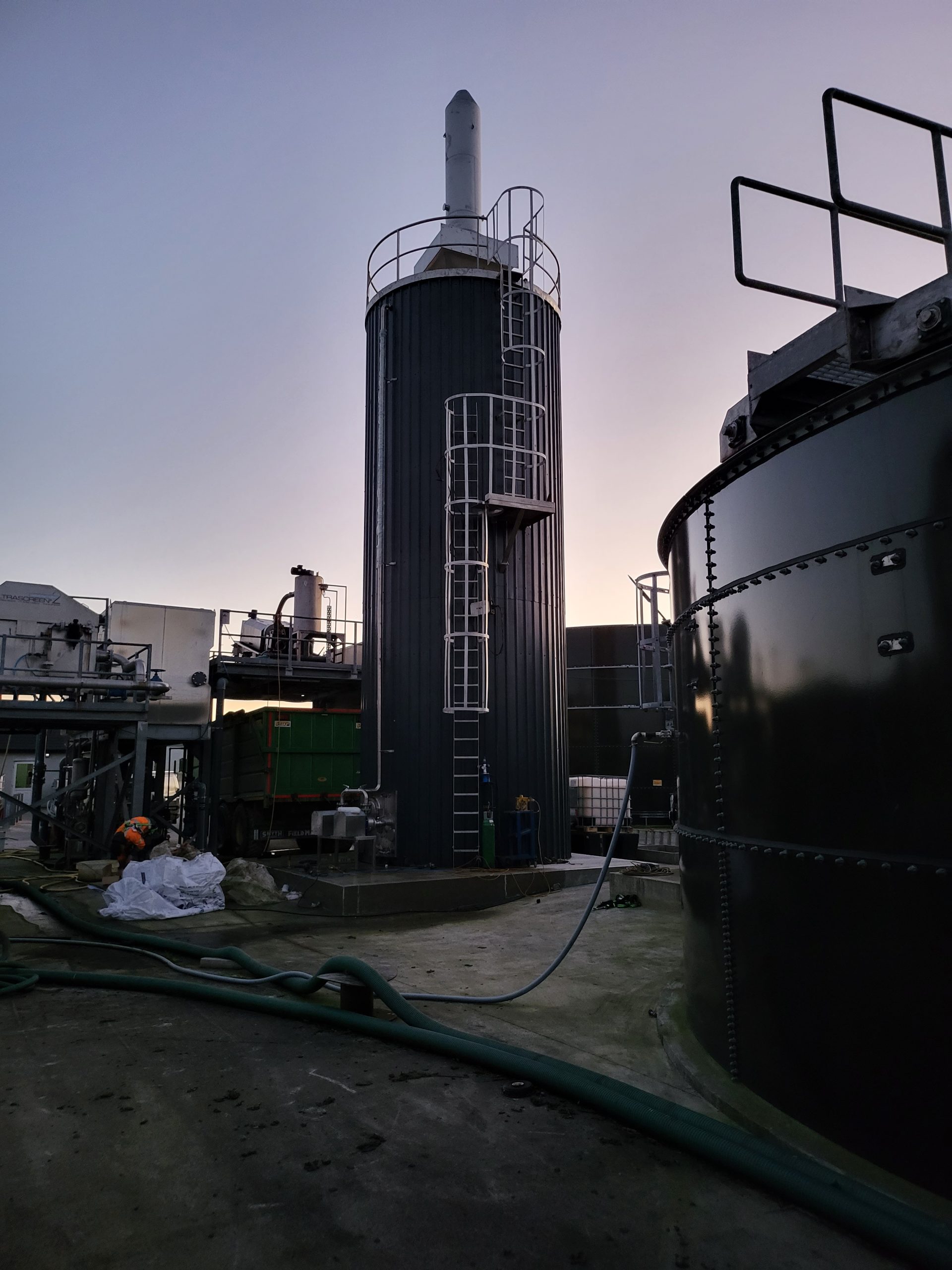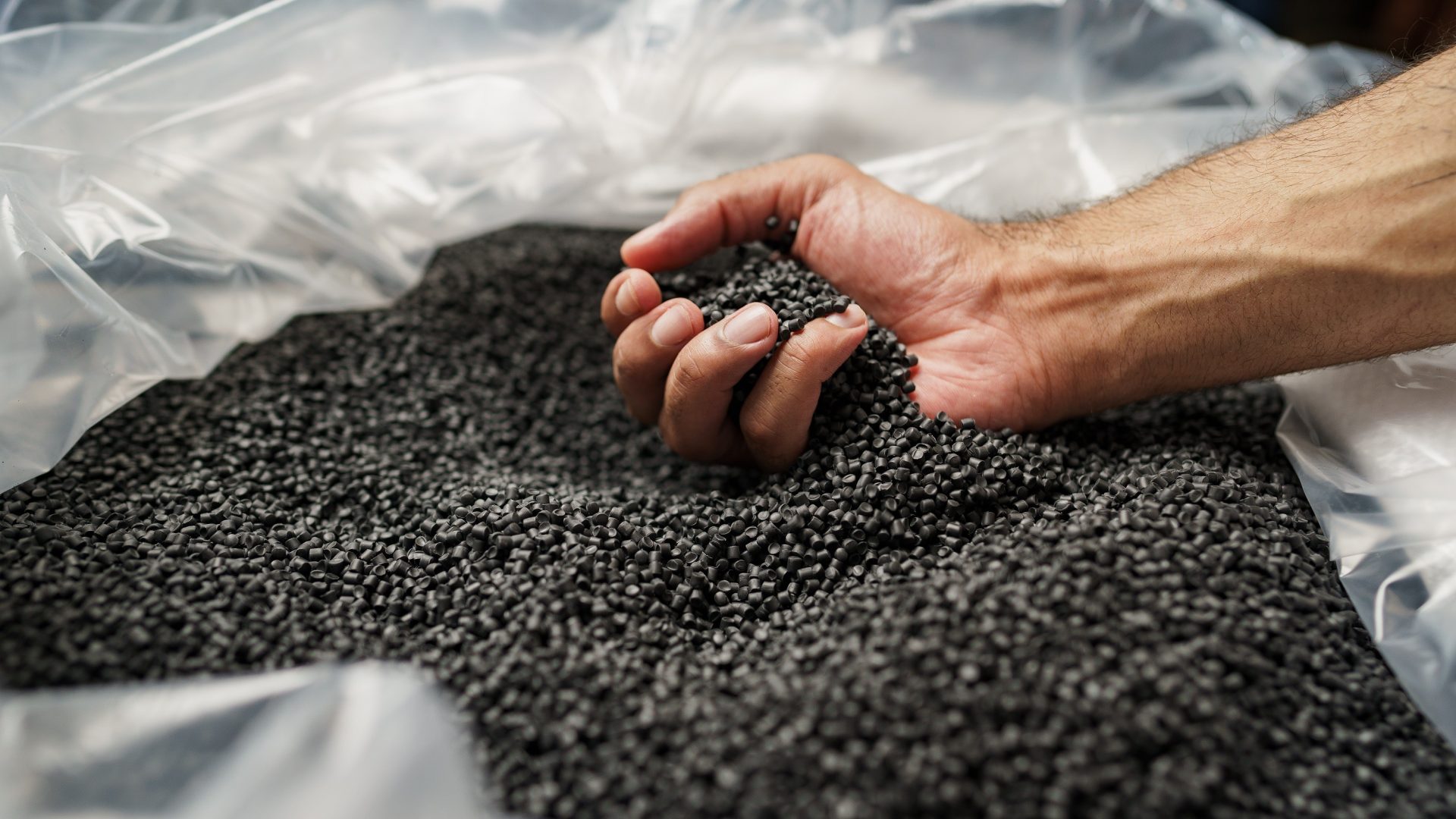
To eliminate odour issues from their onsite wastewater treatment plant, Staunton Foods installed a new, highly efficient odour control system fitted with Warden Biomedia’s recycled polypropylene filter media.
Staunton Foods is nestled in the picturesque village of Timoleague in rural West Cork, and has supplied quality pork and bacon products for over 70 years to both domestic and export markets. To meet strict environmental regulations, Staunton invested in a state-of-the-art wastewater treatment plant and in June 2023, they received €1.8m funding from Enterprise Ireland, for a market diversification project, as part of a wider scheme to support the long-term future of Ireland’s vital agri-food sector.
As one of the largest employers in the area, and an Accredited Origin Green Gold Sustainability member, Staunton Foods has responsibilities to the local community, so when odour issues arose, Montgomery EHS (MEHS), an Independent Irish consultancy specialising in environment, health and safety, were consulted.
Odour Emission Modelling
After a review on volumes and concentrations of emissions from all identified points, odour samples were taken to determine the odour mass emissions. An odour model showing the existing odour impact on the area around the site at residential and commercial receptors was produced and identified the odour reduction required to meet the regulatory ambient odour level and regulatory limits for receptors, currently 3 or 1 Odour Units (OUE/Nm3).
With this information, the odour control system was designed. The preferred option was a bio-scrubber in which the odour sources from the wastewater treatment plant are ducted to a fan which blows the potentially odorous air into the bottom of a 4.2 m diameter tower. Water is continuously circulated from the bottom of the tower to spray distributors at the top which give even distribution of the liquid over the packing and the pH is automatically controlled between 8.5 and 9.5. Bacteria in the circulating water biologically remove the odour producing contaminants. The process uses no hazardous chemicals, has low maintenance and low operating costs.
The control system allows continuous monitoring of pH, level, and flow and MEHS remotely monitored the plant every day and visited the site weekly. In the two years that the system has been operating, the hydrogen sulphide removal has been consistently greater than 95%.

Recycled Plastic Filter Media
The bio-scrubber used 7m depth of Warden Biomedia’s Bioball filter media. Bioball’s surface area of 220 m2/m3 provides good contact between the liquid and gas, and the open structure, with a high voidage of 92%, means a low pressure drop on the gas side, minimising blower power and therefore energy consumption, helping the bio-scrubber to run efficiently.
Staunton Foods’ CEO Peadar Murphy says:
“The bio-scrubber has been in full operation since day one without any service needs or down-time. The filter media is made from recycled plastic, and the low energy consumption combined with zero chemicals, fits well with our environmental goals and sustainability initiatives.”



